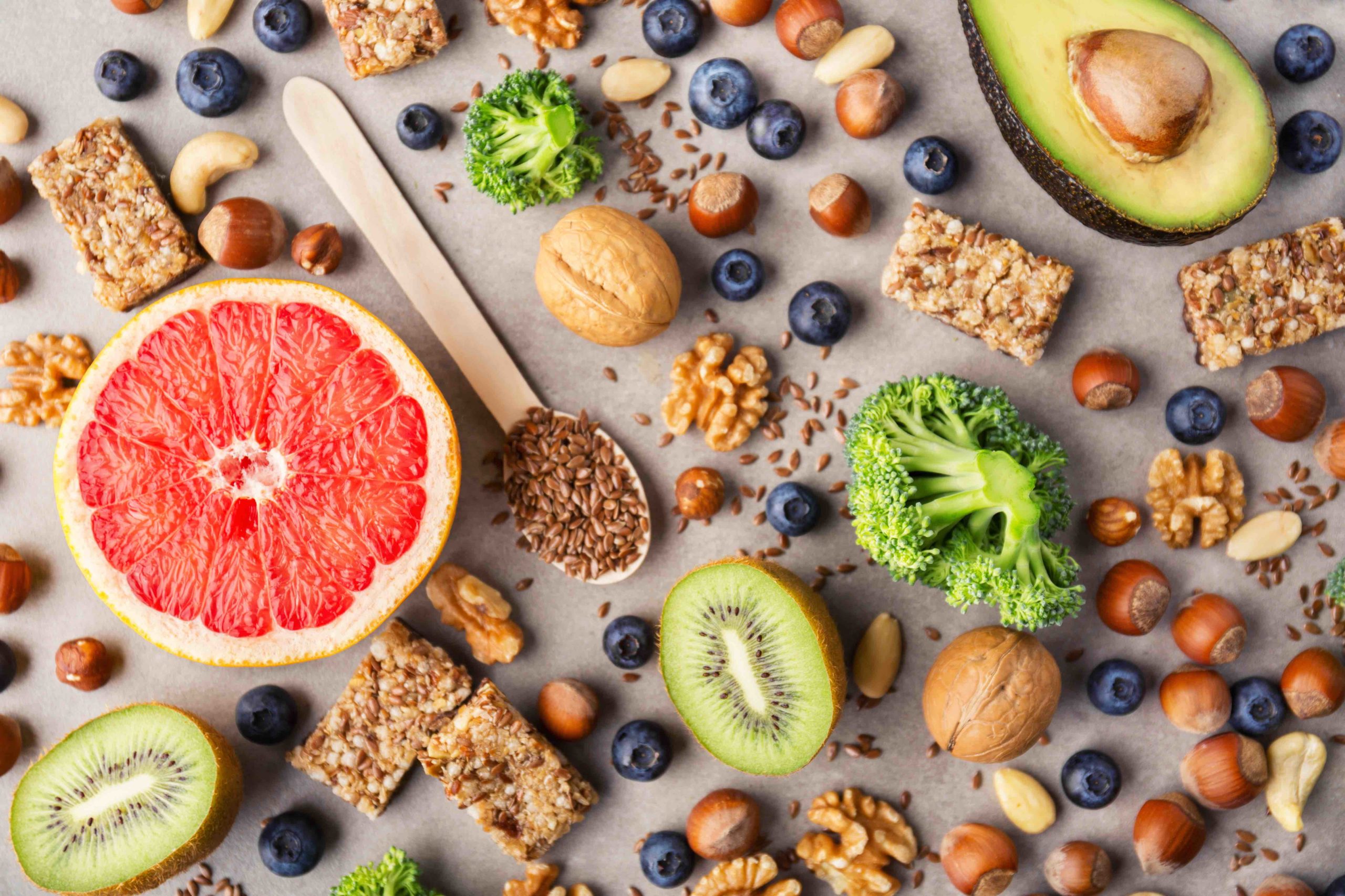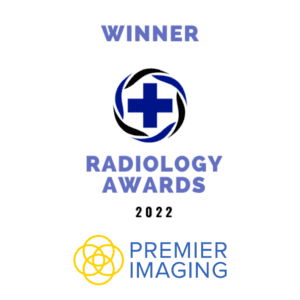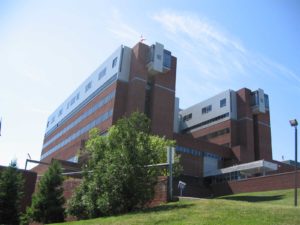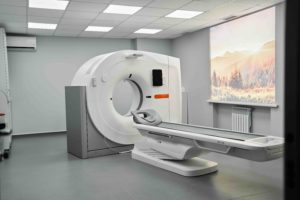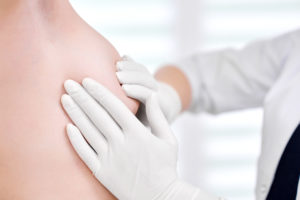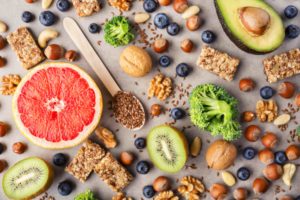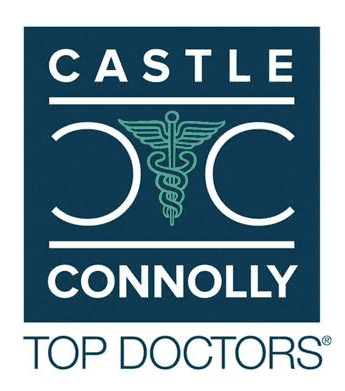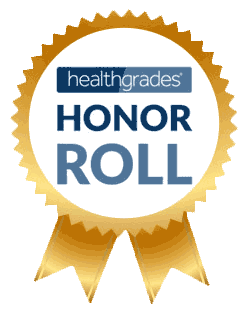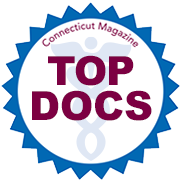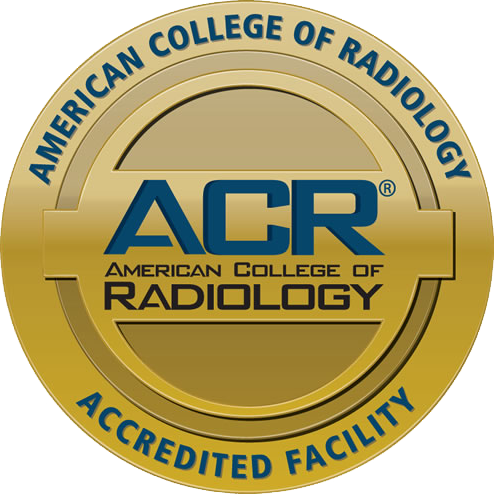Cancer is one of many causes of death. Most cancer is subtle and can often creep in. In most cases, cancer appears to be nothing until it becomes something. While most people go for routine check-ups, sometimes it can be too late and there is little or nothing patients can do. There are, however, steps people can take to help prevent cancer, and that is to start with a healthy diet.
How Can Nutrition Reduce the Risk of Cancers?
Your diet is just as important as every other aspect of your life. Good nutrition does a whole lot of good; both now and in the future. “A large body of literature indicates that as much as 30% of all cancer cases is linked to poor dietary habits, and is therefore preventable,” states the World Health Organization. This goes to show your diet is important to stay alive, live longer and can prevent certain illnesses from affecting your body.Cancer-Causing Foods
Sadly though, not all foods are good for you. If you want to prevent cancer, eating healthy implies you do not eat certain foods. While many of us can’t exactly avoid eating certain foods, we can try to reduce the intake of some. Here are some foods you should avoid to keep yourself away from cancer:- Processed Meat: A lot of people fall for this, but those delicious meats (such as bacon) have been processed or preserved using chemicals that are not good for you. They expose you to the risk of cancer which although might not happen now, but can later on. It’s been proven that processed meat is associated with the cause of colorectal cancer (this is a kind of cancer that affects the large intestine). Examples of these are hotdogs, sausages, ham, canned or launched meat amongst others.
- Red Meat: This is another tempting but dangerous food we should avoid consuming because of its association with the high risk of colorectal cancer, pancreatic cancer, and prostate cancer. These kinds of meats are mammalian muscle meat such as pig, cow, sheep, goat, etc.
- Salted Fish: Funny enough, this is an old method of preserving fish in ancient times. However, it’s quite harmful to our health because this method of preservation produces carcinogenic by-products that are dangerous to our health and exposes us to cancer. Carcinogens are “substances capable of causing cancer in living tissue,” says Oxford Languages.
- Sugary Drinks or Non-diet Soda: Obesity is a major risk factor for cancer. If sugary drinks are consumed regularly, you stand a greater chance of putting on weight which increases your chance of cancer.
- Fast Food or Processed Foods: This is virtually everyone’s go-to when there is no food at the house. These foods have a way of making people gain weight which in turn leads to an increased risk of cancer.
- Alcohol: This fact will disappoint some because quite a number of people enjoy going out for a drink. It’s almost unavoidable, but it is advised that you reduce your intake of alcohol because there are carcinogenic substances in alcoholic drinks. Cancers associated with alcohol consumption include cancer of the mouth, esophagus, breast, liver, stomach, and bowel cancer.
- Fried Foods: This is one that we often run to and just want to enjoy. These foods are high in calories, high in trans fat, and also contain Acrylamide – which is a toxic substance that forms in foods during high-temperature cooking; such as frying, roasting, or baking – and is dangerous to the health.
- Refined Carbs: These types of food increase breast cancer tendencies especially, so it’s best to replace them with whole-grain products and nutrient-dense veggies.
- Bread: Bread, specifically the type that is mass-produced with a potassium bromate additive to make the dough more elastic, has been proven by multiple agencies to have carcinogens causing substances. As such, brands have been required by law to disclose on every product if potassium bromate is included in it.
- Milk: Milk has been associated with prostate cancer due to an increased “proliferation of cancer cells through elevated insulin-like growth factor-I (IGF-1), which is linked to an increased risk of prostate cancer,” as cited in the medical study Cancer Causes Control. Experts agree that animal fats in dairy products can increase the risk of cancer.

